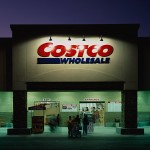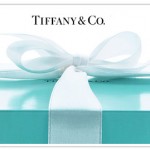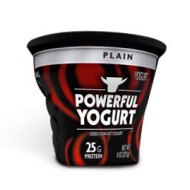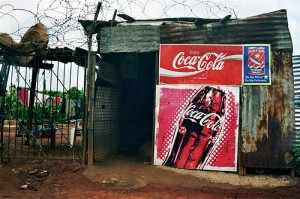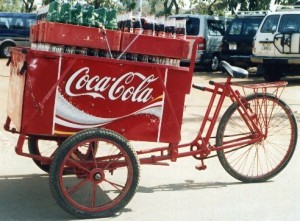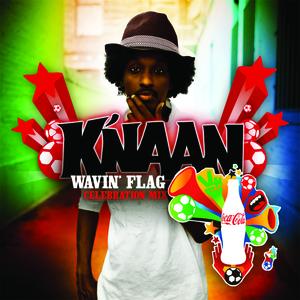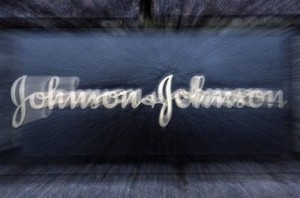First of all, I’m very blessed to have Tamar’s marketing class this year, the in-class activities and marketing plan assignments are great supplement to the course content, especially, the group assignment enables me to gain a deep understanding when applying the knowledge in real world as well as develops my team-working skill. For example, in the assignment 1, each group member was in charge of one part of the immediate and macro environments analysis, and in the meeting we complied each one’s research and came up with SWOT analysis. I certainly enhanced critical thinking skills through researching and valuing the importance and reliability of information.
In addition, I also learnt that efficient communication within a group is crucial in a successful teamwork. We made a mistake in the assignment 2 that there were many similarities between each market segments. I think it is definitely avoidable if we had sufficient discussion. We’ve should started the assignment early and not wait until the last minute. In the beginning, we believed this small assignment shouldn’t take us too much time, so we started late and turned out, we were very rush in decision- making and made mistakes. Reflecting to daily life, I learnt that it’s important to take initiative and commit to what are we doing, and never despise a small beginning. Often times, it is a cornerstone that provides a foundation to the future work.
Fortunately, in assignment 3, through a constructive discussion, we adjusted of our target segment. Each of us contributed various point of views, which absolutely enable us to reach a well thought-out decision. Overall, I believe through this project, I’ve enhanced my marketing skill, my teamwork and interpersonal skills, which I could carry on in the future. Most importantly, we formed great friendship through this fantastic group work!
